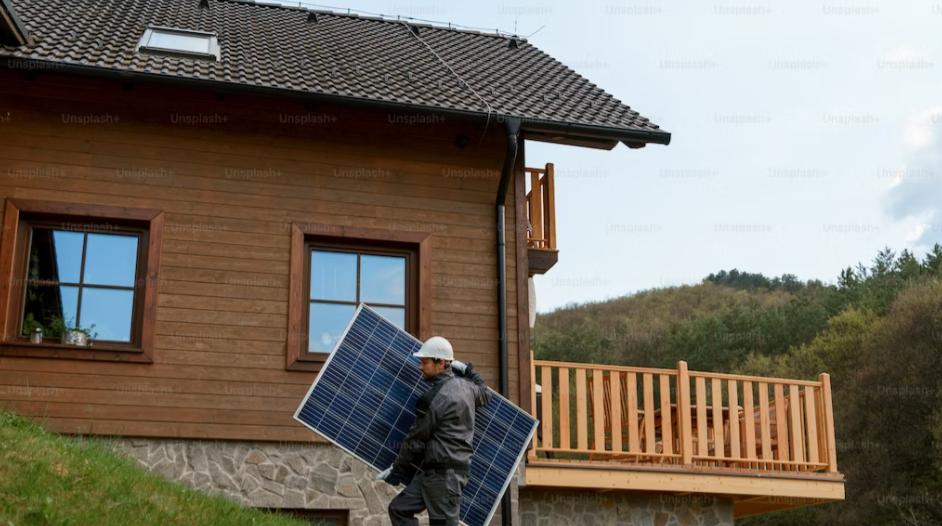Roofing Safety Tips: Staying Safe During Roof Repairs and Inspections

Roof repairs and inspections are essential for maintaining the integrity and longevity of your home. However, these tasks can be hazardous if proper safety measures are not followed. In this comprehensive guide, we will provide you with the best roofing safety tips to ensure you stay safe during roof repairs and inspections.
Importance of Roofing Safety
Common Risks and Hazards
Roofing work involves several hazards, including falls, exposure to extreme weather conditions, and the risk of injury from tools and equipment. Understanding these risks is the first step toward ensuring safety.
Essential Safety Equipment
Personal Protective Gear
Wearing the right personal protective gear is crucial. This includes non-slip shoes, gloves, hard hats, and safety glasses. A harness and safety rope are also essential when working on steep roofs.
Roofing Tools and Equipment
Ensure you have the proper tools and equipment, including a sturdy ladder, roofing nails, a hammer, and a roofing shovel. Using well-maintained equipment reduces the risk of accidents.
Preparing for Roof Work
Weather Conditions
Always check the weather forecast before starting any roofing work. Avoid working on the roof during rain, snow, or high winds, as these conditions increase the risk of accidents.
Roof Inspection Checklist
Before starting repairs, conduct a thorough inspection of the roof. Look for loose shingles, damaged areas, and any potential hazards. A detailed checklist can help ensure you don’t miss anything important.
Safe Roof Access
Using Ladders Safely
Using ladders safely is vital. Ensure the ladder is on stable ground and extend it at least three feet above the roof edge. Always maintain three points of contact when climbing.
Roof Access Points
Identify safe access points on the roof. Avoid stepping on weak areas or near skylights and vents that may not support your weight.
Working Safely on the Roof
Maintaining Balance and Stability
Maintaining your balance and stability is crucial. Move slowly and deliberately, keeping your center of gravity low. Avoid sudden movements that could cause a loss of balance.
Avoiding Slips and Falls
To avoid slips and falls, keep the work area clean and free of debris. Use roofing materials with good traction and avoid working on wet or icy surfaces.
Specialized Roofing Tasks
Handling Roof Repairs
For handling repairs, such as replacing shingles or fixing leaks, ensure you follow proper techniques. Use the right tools and materials to ensure the repairs are durable and safe.
Installing and Maintaining Solar Panels
Integrating solar panels with your roofing requires specialized knowledge. Ensure the roofing structure can support the additional weight and that panels are securely fastened.
Integrating Panels with Professional Roofing Services
For seamless integration, consider integrating panels with professional roofing services. Professionals can ensure that both your roof and solar panels are installed correctly and safely.
Post-Work Safety Measures
Proper Cleanup and Waste Disposal
After completing the work, ensure proper cleanup and waste disposal. Remove any leftover materials, tools, and debris to prevent future hazards.
Final Inspection and Assessment
Conduct a final inspection to ensure all repairs are completed correctly and safely. Look for any remaining issues that need addressing.
Conclusion
Roofing work can be dangerous, but by following these safety tips, you can minimize the risks and ensure a safe working environment. Always prioritize safety, use the proper equipment, and don’t hesitate to seek professional help when needed.